International Relations
Relations across the UK, Europe and globally are frequently changing, and have done so across our history. How these relations are recorded, monitored and treated are discussed in the collection of articles and podcasts here. The very concept of international relations is explored as are when boundaries and discussions between states and groups started to matter. What are the procedures, protocols and outcomes of a world according to the history of international relations are all under scrutiny?
Sort by:
Date (Newest first) | Title A-Z
Show:
All |
Articles |
Podcasts |
Multipage Articles
-
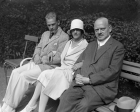
Podcast Series: German History 1918-1948
Multipage ArticleClick to view -
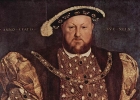
Podcast Series: The Tudors
Multipage ArticleClick to view -
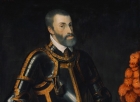
Podcast Series: The Spanish Golden Age
Multipage ArticleClick to view -

Podcast Series: The British Empire 1600-1800
Multipage ArticleClick to view -
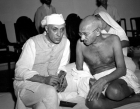
Podcast Series: The British Empire 1800-Present
Multipage ArticleClick to view -

Podcast Series: The Rise of an Islamic Civilisation
Multipage ArticleClick to view -

Podcast Series: Modern China
Multipage ArticleClick to view -

Podcast Series: Canadian Confederation
Multipage ArticleClick to view -

Podcast Series: The Byzantine Empire
Multipage ArticleClick to view -
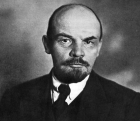
Podcast Series: Russia and the USSR
Multipage ArticleClick to view -
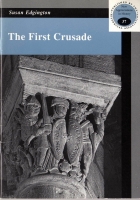
The First Crusade
ArticleClick to view -

Podcast Series: The Renaissance
Multipage ArticleClick to view -
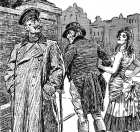
Gary Sheffield: Origins of the First World War
ArticleClick to view -

Podcast: Richard Evans Medlicott -The Origins of the First World War
ArticleClick to view -

Podcast Series: The Umayyad and Abbasid Caliphates
Multipage ArticleClick to view -
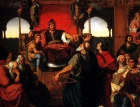
Podcast Series: Goths, Huns and the fall of the Roman Empire
Multipage ArticleClick to view -
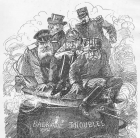
The Origins of the First World War
ArticleClick to view -

Podcast Series: The Mughal Empire
Multipage ArticleClick to view -

HA Podcasted History: Ancient Persia
Multipage ArticleClick to view -

Podcast Series: The Cold War
Multipage ArticleClick to view

